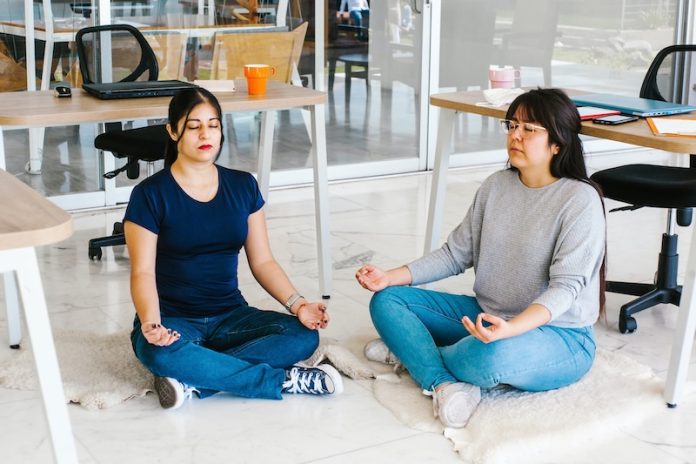
A pilot study conducted by Rutgers University explores the potential of Mindfulness-Oriented Recovery Enhancement (MORE) as an intervention to prevent relapse in women with opioid dependence undergoing medically assisted treatment.
This innovative behavioral intervention integrates mindfulness training, emotion regulation strategies, and the savoring of natural rewards to address the unique challenges faced by women in addiction recovery.
Challenges in Opioid Addiction Treatment for Women
Studies have shown that women often experience higher opioid cravings and have greater difficulty controlling drug urges compared to men.
While medications like buprenorphine can be effective in the short term by managing acute withdrawal symptoms, they may be less effective in ensuring long-term abstinence from other illicit drugs.
Complementary therapies, such as MORE, aim to fill this gap by addressing the core regulatory and affective processing circuits that enable individuals to control negative emotions and cravings. In this context, MORE offers a promising approach.
Components of MORE
The MORE intervention, developed by Eric L. Garland at The University of Utah, focuses on three key therapeutic processes:
Mindfulness: Participants learn to become aware of when their attention is fixated on addictive cues, stressors, or pain. They then shift their attention from affective (emotional) processing of cravings, stress, or pain to sensory processing. Mindful breathing helps reorient their attention.
Reappraisal of Thoughts: This process involves disengaging from negative emotions and addictive behaviors and redirecting thoughts toward positive, resilient, and meaningful coping strategies.
Savoring Natural Rewards: Participants learn to savor naturally rewarding experiences (e.g., time with loved ones or nature) in a mindful way, recognizing positive emotional responses to these experiences.
Study Details
Researchers conducted the pilot study with nine women in residential treatment for opioid use disorder who were already on medications. These participants underwent an eight-week MORE intervention once a week for two hours.
Before and after the eight-week period, participants completed an emotion regulation questionnaire and underwent brain scans while listening to a guided MORE meditation and viewing a picture of an outdoor garden.
Immediate and Long-Term Benefits
The study found that a single 10-minute guided MORE meditation improved participants’ mood immediately, even without prior meditation experience. The eight-week MORE intervention enhanced emotional awareness and strengthened impulse control, critical factors in preventing relapse.
Furthermore, the intervention increased communication between brain areas responsible for emotion regulation and cravings. This suggests that MORE could help individuals with opioid use disorder better manage negative emotions and cravings, potentially preventing relapse.
Conclusion
Mindfulness-Oriented Recovery Enhancement (MORE) shows promise as an effective intervention for preventing relapse in women with opioid dependence.
By combining mindfulness, emotion regulation, and savoring of natural rewards, MORE equips individuals with valuable tools to navigate the challenges of addiction recovery. These findings offer hope for improved outcomes and long-term sobriety in the face of opioid addiction.
If you care about pain, please read studies that vegetarian women have higher risk of hip fracture, and these vitamins could help reduce bone fracture risk.
For more information about wellness, please see recent studies that Krill oil could improve muscle health in older people, and Jarlsberg cheese could help prevent bone thinning disease.
The research findings can be found in EXPLORE.
Copyright © 2023 Knowridge Science Report. All rights reserved.



